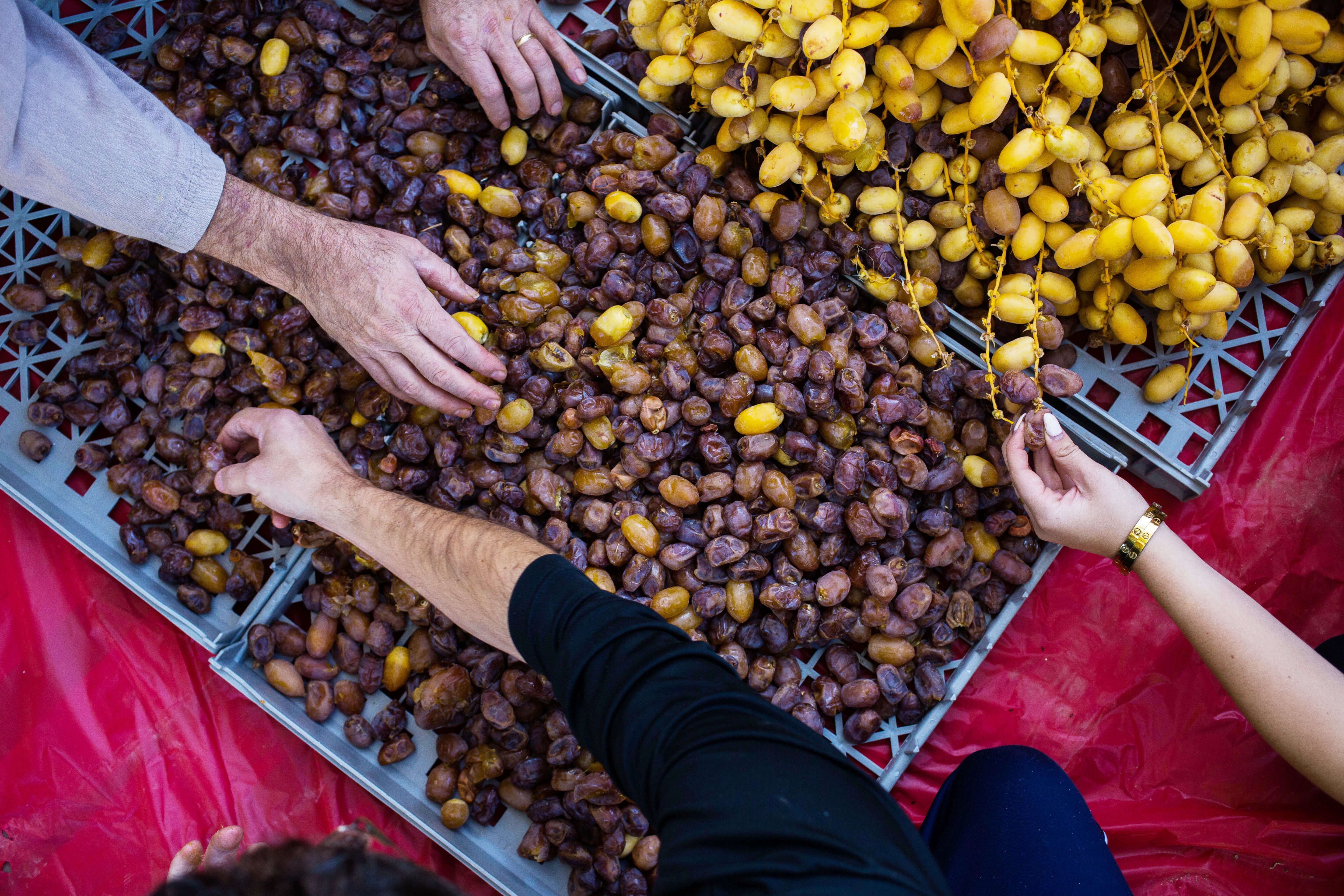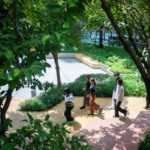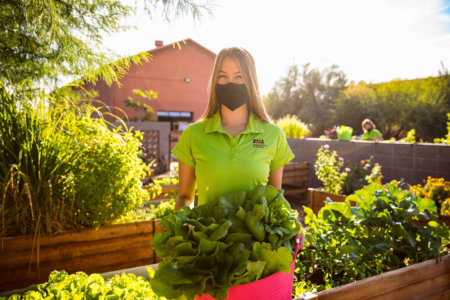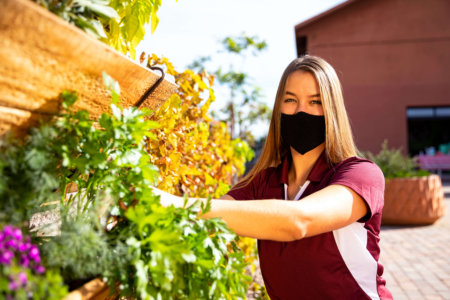Faculty members at Arizona State University’s (ASU) Morrison School of Agribusiness have two main goals. The first is to raise awareness of some of the most critical issues of our time. The second is to develop professionals passionate about sparking positive change.
For example, Assistant Professor Lauren Chenarides has conducted several studies and opened the eyes of several students to “food deserts” — an area or community that lacks access to healthy, affordable foods. Her studies prove that, compared to a century ago, the US has more food outlet options. On one hand, a more diverse food retail landscape brings more options to consumers, but, on the other hand, it also points out gaps in our food system.
“Because of the increase in food outlet options, it makes disparities in access that much more stark, and areas that do not have a supermarket or large grocery store seem to be abnormal,” she explains. “However, since retailers are profit-seeking, supermarkets are absent from many regions of the US — especially rural areas that are sparsely populated and experiencing high poverty rates.”
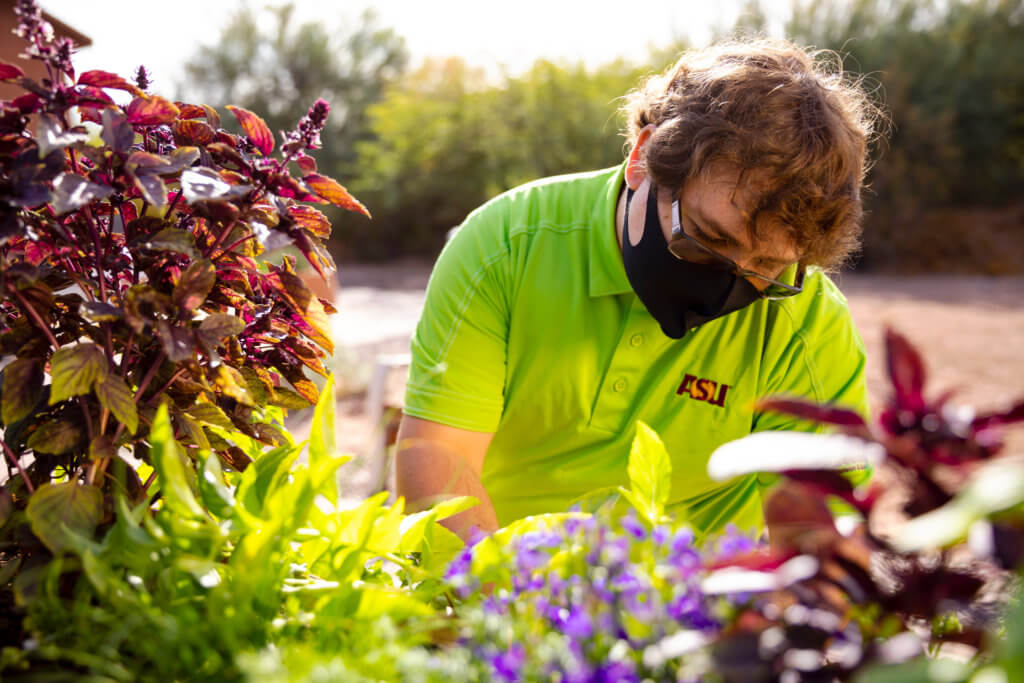
Source: Arizona State University
Chenarides notes that the future of our food retail landscape requires a commitment to understanding individual shopping preferences and trends. A new generation of experts will also be required to comprehend the common barriers between consumers, food, affordability, and transportation.
Housed within ASU’s W. P. Carey School of Business, the Morrison School of Agribusiness is home to two golden tickets into the dynamic industry that brings food from the farm to the global table: the BA Food Industry Management and the BA Global Agribusiness.
The first enables learners to gain the skills and experience needed for careers in purchasing and procurement, food supply chain management, wholesale and distribution, logistics, commodity trading and export, and food marketing. The latter focuses on agricultural production, finance, marketing and distribution while exploring issues such as international trade, food safety and sustainability.
Both routes are customisable to each applicant’s existing responsibilities and future aspirations. Take its delivery options, for instance. These ASU qualifications can be pursued either on campus or 100% online. At the university’s Polytechnic campus, opportunities galore. Being based here is an ideal choice for learners keen on a more hands-on, project-based learning environment.
A small-college atmosphere ensures enduring connections are made every day — some sprout in the 41,000-square-foot Agribusiness Centre that houses a consumer behaviour laboratory and accompanying test kitchen, an agribusiness innovation space, the Kemper and Ethel Marley Foundation Lecture Hall, the Behavioural Economics and Policy Research Laboratory, the Food and Agribusiness Lab, and a number of fully-mediated classrooms and computer stations.
ASU’s online classrooms are just as effective. “So many people in the food industry work their way up,” says Professor Mark Manfredo. “Higher education can provide immediate value to a student and I think that the online programme really opens up a tremendous amount of access that otherwise wouldn’t be there to the industry.”
AleQ Bateman, formerly Starbucks’s Communications Manager (Social Media), now Manager (Alumni Community), has enthusiastic descriptions to prove it. “This isn’t boring, this is interactive,” the online graduate said during his ASU-initiated study abroad trip to Costa Rica. There, he and the fellow upskillers he had first met through screens got to examine the value chain of one of the country’s most important export commodities: coffee.
“I’ve been talking to people of different ages, from different countries, colleagues, and students who aren’t from Starbucks — just hearing how this has been a trip of self-discovery, how it’s changed their lives, and how they’re going to interact with coffee and people differently forever. I don’t think you can put a price on that.”
Bateman is right. Learning to sustain mankind rarely comes with maximum flexibility and endless opportunities. Hence why aspirants who choose the Morrison School of Agribusiness are eligible for the ASU-AFMA Scholarship. The award is for students (both in-person and online) who are either currently working in the Arizona food industry or plan to pursue careers in the food industry upon graduation.
It’s worth up to US$5,000 per year, so why wait? ASU was just ranked the #1 Public University by international students, according to the 2021 Institute of International Education Open Doors Report, and it’s ready to welcome you with open arms. Click here to start fast-tracking your journey to joining the largest export industry in the US economy today.
Follow Arizona State University on Facebook, Twitter, Instagram, and YouTube

